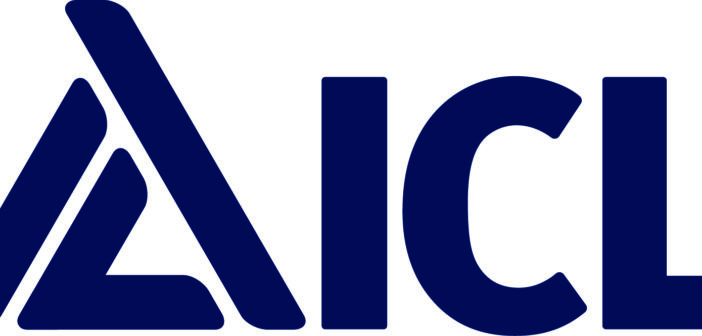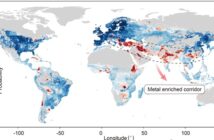With new regulations on water abstraction anticipated and related uncertainties around Brexit, fruit growers seeking irrigation savings should look at using H2Flo within irrigation systems. Revealed at the National Fruit Show on 25 and 26 October, H2Flo offers growers a practical solution to saving money with no detrimental effect on yield.
At the ICL team showcased its latest independent trial results on its water conservation agent – H2Flo, which promises to save on irrigation water and associated pumping costs.
The trials department at independent crop consultants, FAST LLP (Fruit Advisory Services Team), carried out the testing, and Abi Dalton, trials manager, highlights some of the excellent preliminary results.
“The trial on Cox apple trees commenced this spring and will continue until September 2018. But the initial results already show that fruit size can be enhanced when using H2Flo even when water applications are reduced by 25%, with no detrimental effect to fruit yield or quality,” she says.
Abi adds that many growers irrigate their trees using a drip pipe, but this is usually done reactively during periods with little rain when the ground may have already dried out, which can fail to deliver effective relief from drought stress.
When water is applied to dry soil, it is subject to surface pooling, poor penetration and evaporation losses, meaning that crops are unable to take up the required level of moisture, so fruit size is reduced.
However, an application of H2Flo can help to remedy this issue by enlarging the area over which the water can spread across the soil profile. The speed at which the water molecules penetrate the first five centimetres of the soil is increased, meaning that surface evaporation is minimised.




